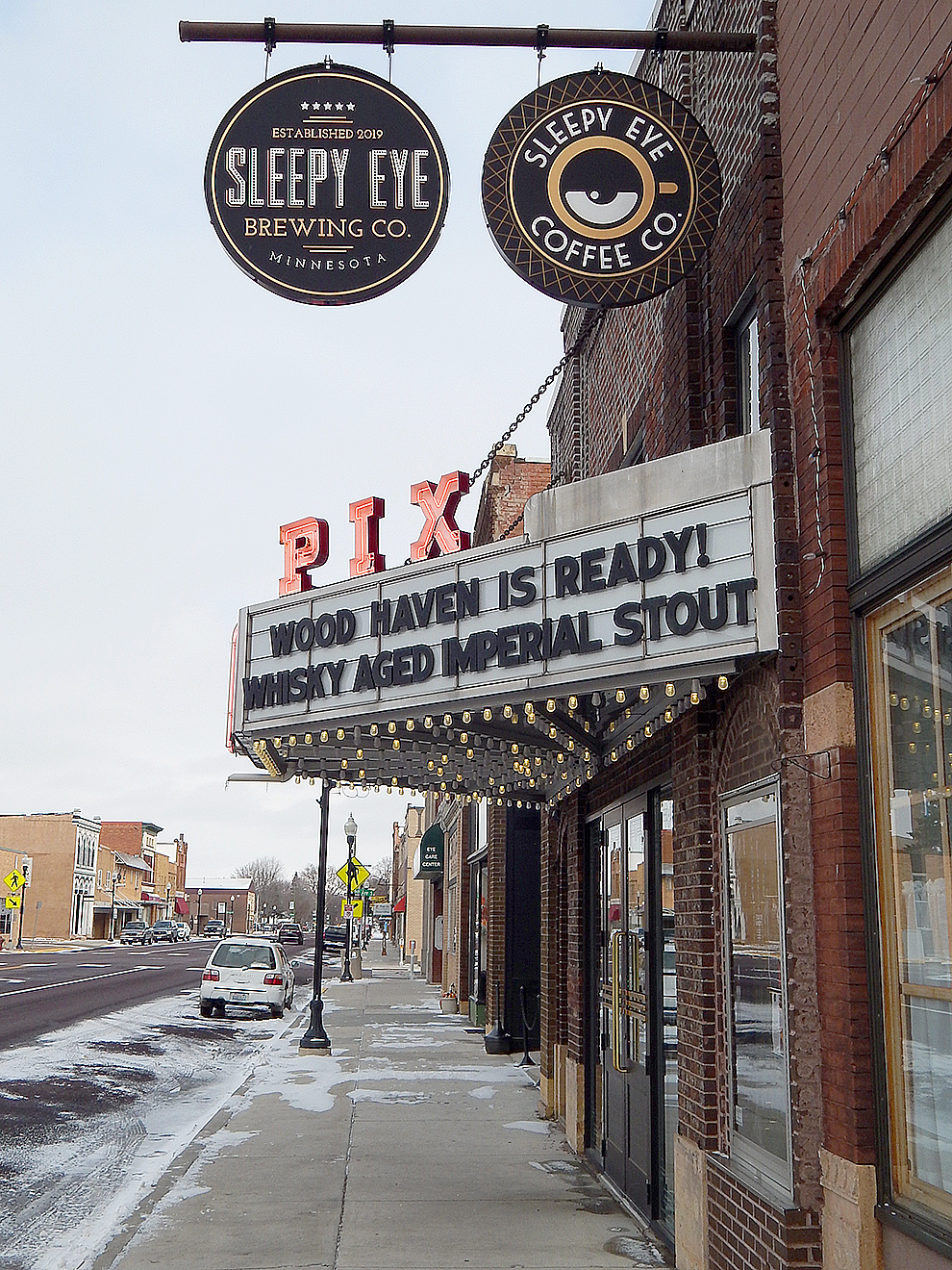Downtown Revitalization: Investing In Sports Stadiums For Economic Growth

Table of Contents
Job Creation and Increased Employment Opportunities
The construction and operation of a sports stadium generate a significant number of jobs, providing a much-needed boost to local economies.
Construction Phase Employment
The construction phase alone creates a substantial number of employment opportunities. This includes:
- Construction Workers: Hundreds, if not thousands, of skilled and unskilled laborers are needed for the building process.
- Engineers and Architects: Specialized professionals are crucial for designing and overseeing the project.
- Project Managers: Experienced managers are needed to coordinate the various aspects of construction.
A large-scale stadium project can easily generate thousands of jobs, significantly impacting local unemployment rates and providing a much-needed economic stimulus during the construction phase. The positive effects can ripple through the community, supporting local businesses supplying materials and services.
Ongoing Employment
Beyond construction, a stadium creates numerous ongoing employment opportunities:
- Stadium Staff: This includes ticket takers, ushers, security personnel, and cleaning staff.
- Concessions Workers: Numerous jobs are created in food and beverage services within the stadium.
- Event Management Teams: Teams are needed to manage events, from game-day operations to concerts and other large-scale events.
- Retail and Hospitality: The increased foot traffic around the stadium supports the growth of nearby restaurants, bars, and hotels, further boosting employment opportunities.
These ongoing jobs provide stable employment for residents, contributing to a stronger and more resilient local economy. The multiplier effect on surrounding businesses further amplifies the positive impact.
Increased Tourism and Revenue Generation
Sports stadiums act as powerful magnets, attracting visitors from outside the city and generating significant revenue streams.
Attracting Tourists and Visitors
Major sporting events draw fans from across the region and beyond. This influx of visitors translates into:
- Increased Hotel Occupancy Rates: Hotels and other accommodations experience a surge in bookings during game days and major events.
- Revenue for Local Restaurants and Businesses: Visitors spend money at local restaurants, bars, shops, and attractions, boosting revenue for local businesses.
- Increased Demand for Transportation Services: Transportation providers, including taxis, ride-sharing services, and public transit, benefit from the increased demand.
Generating Revenue for the City
The economic benefits extend beyond local businesses; the city itself directly benefits through:
- Tax Revenue from Ticket Sales: Ticket sales generate significant tax revenue for the city.
- Concession Revenue: Sales of food, beverages, and merchandise within the stadium contribute to city coffers.
- Parking Revenue: Parking fees generate additional income.
- Increased Property Taxes: As surrounding property values increase (see below), the city benefits from higher property tax revenues.
These diverse revenue streams contribute to the city's budget, allowing for investment in other essential city services and projects.
Enhanced Property Values and Real Estate Development
The presence of a sports stadium frequently acts as a catalyst for real estate development and increased property values.
Stimulating the Surrounding Real Estate Market
The construction of a sports stadium often leads to a revitalization of the surrounding area:
- Increased Property Values: Properties near the stadium often see a significant increase in value, benefiting homeowners and investors.
- New Construction Projects: The increased demand for housing and commercial space leads to new construction projects, further stimulating the local economy.
- Improved Infrastructure: New roads, sidewalks, and other infrastructure improvements often accompany stadium development, enhancing the appeal of the surrounding area.
Attracting Private Investment
The positive economic effects associated with a sports stadium attract private investment:
- New Businesses: Restaurants, bars, hotels, and other businesses are attracted to the increased foot traffic and demand.
- Infrastructure Improvements: Private investors contribute to upgrading local infrastructure, enhancing the overall appeal of the area.
- Residential Development: The demand for housing near the stadium encourages the development of new residential properties.
This influx of private investment helps create a vibrant and thriving downtown area, leading to sustained long-term economic growth.
Community Development and Social Benefits
Beyond economic benefits, sports stadiums contribute to community development and social well-being.
Community Gathering Spaces
A sports stadium is more than just a venue for sporting events; it serves as a community gathering space:
- Community Events: The stadium can host concerts, festivals, and other community events.
- Fostering Community Pride: A successful sports team fosters a sense of unity and pride within the community.
- Social Interaction: The stadium creates opportunities for social interaction and community building.
Improved Infrastructure and Amenities
Stadium development frequently leads to improvements in public infrastructure:
- Transportation Improvements: Improved public transportation, such as bus routes or light rail lines, often accompany stadium construction.
- Enhanced Public Spaces: New parks, green spaces, and other public amenities may be developed as part of the overall project.
- Increased Safety and Security: Improved lighting, security cameras, and police presence contribute to a safer environment.
These infrastructure improvements enhance the quality of life for residents and attract further investment and development.
Conclusion
Investing in sports stadiums as part of a downtown revitalization strategy offers significant economic and social benefits. We've seen how these investments generate substantial job creation, boost tourism and revenue generation, enhance property values, and foster community development. From construction jobs to ongoing employment in various sectors, the economic ripple effect is undeniable. Increased tourism brings revenue to local businesses and fills city coffers. Property values rise, attracting further investment and development, creating a positive feedback loop. Finally, the stadium becomes a central hub for community events, fostering a sense of civic pride and social interaction. Unlock the potential of your downtown area by strategically investing in sports stadiums to fuel economic growth and community revitalization. Explore the possibilities today!

Featured Posts
-
 10 Action Movies Like John Wick A Ranked List
May 11, 2025
10 Action Movies Like John Wick A Ranked List
May 11, 2025 -
 Visita Familiar De Boris Johnson En Texas Terminada Por Ataque De Avestruz
May 11, 2025
Visita Familiar De Boris Johnson En Texas Terminada Por Ataque De Avestruz
May 11, 2025 -
 Crazy Rich Asians Series Lim And Chu Return For Max
May 11, 2025
Crazy Rich Asians Series Lim And Chu Return For Max
May 11, 2025 -
 Pope Leo Condemns The Spread Of Practical Atheism In First Papal Mass
May 11, 2025
Pope Leo Condemns The Spread Of Practical Atheism In First Papal Mass
May 11, 2025 -
 Cat A Incasat Sylvester Stallone Pentru Fiecare Film Rocky
May 11, 2025
Cat A Incasat Sylvester Stallone Pentru Fiecare Film Rocky
May 11, 2025
